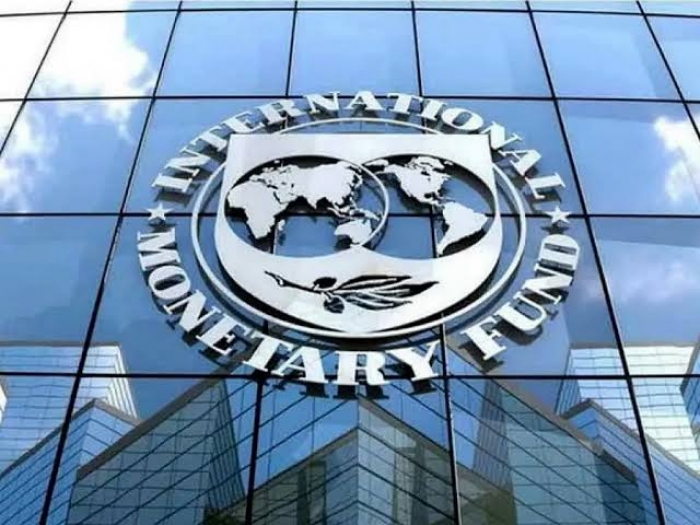The International Monetary Fund (IMF) has confirmed that Nigeria has fully repaid the $3.4 billion emergency loan it received in 2020 to cushion the economic impact of the COVID-19 pandemic and the sharp decline in global oil prices. The financing, provided under the IMF’s Rapid Financing Instrument (RFI), was disbursed in April 2020 to help Africa’s largest oil producer address severe balance of payments needs during the global crisis.
In a statement released on Thursday, IMF resident representative to Nigeria, Christian Ebeke, said that as of April 30, 2025, the country had completed repayment of the facility. The IMF’s data shows the loan was repaid in tranches of SDR 613.62 million in 2023, SDR 1.22 billion in 2024, and SDR 613.62 million in 2025.
However, Nigeria will continue to make annual payments of approximately $30 million in Special Drawing Rights (SDR) charges. These charges, which represent the cost of borrowing from the IMF, are calculated based on the difference between Nigeria’s current SDR holdings and its cumulative SDR allocation.
The IMF explained that the charges are levied at the SDR interest rate, which is updated weekly, and will continue until Nigeria’s SDR holdings (currently SDR 3.164 billion or $4.3 billion) match its total allocation (SDR 4.027 billion or $5.5 billion).
Despite the full repayment of the principal loan, Nigeria’s foreign debt servicing costs remain high. According to the Debt Management Office, the country spent $4.66 billion on external debt servicing in 2024, including $1.63 billion paid to the IMF.
